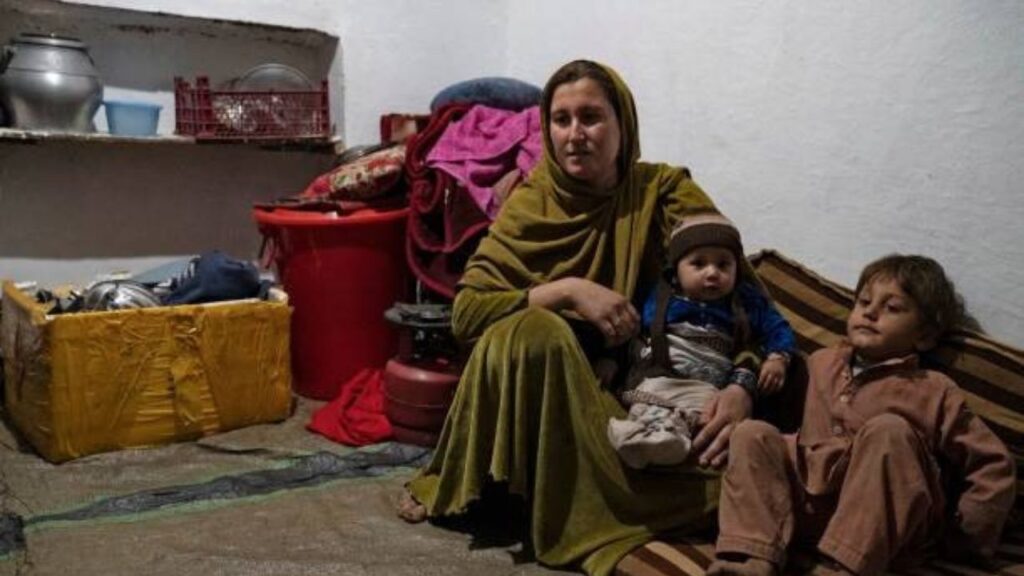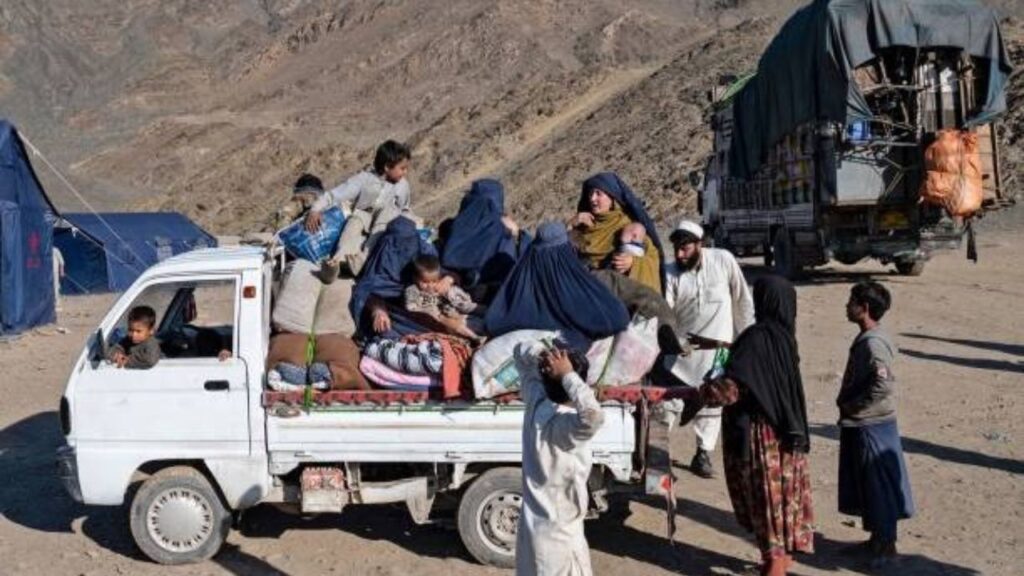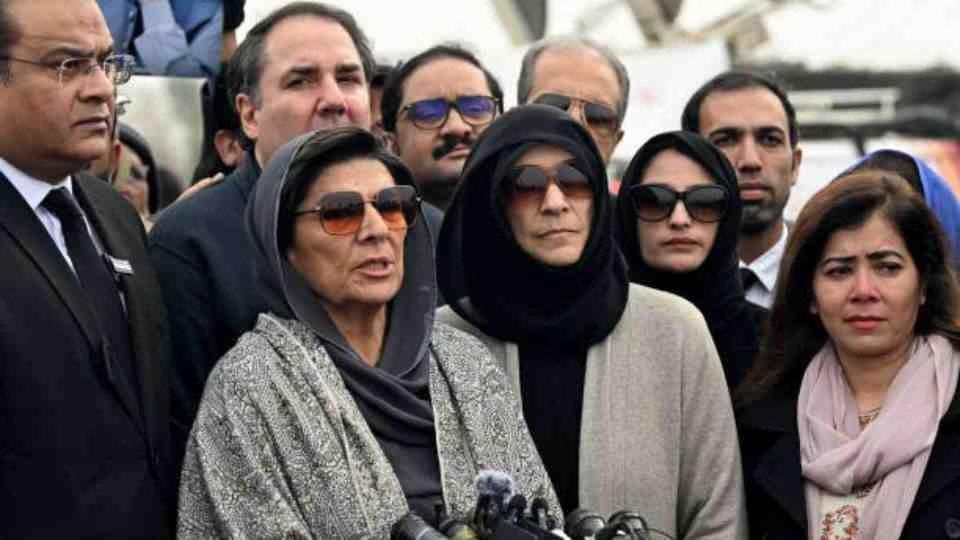Over One Million Afghans Face Expulsion
Pakistan has initiated the deportation of registered Afghan refugees as part of its Illegal Foreigners Repatriation Plan, a policy launched in October 2023. The United Nations High Commissioner for Refugees (UNHCR) reports that this move could impact over one million Afghans, including those with valid documentation. The deportations, which began before the government’s September 1, 2025, deadline, have raised alarms about violations of international human rights obligations.
UNHCR Reports Arrests and Forced Returns
According to the UNHCR, hundreds of legally registered Afghan refugees were detained and deported between August 1 and August 4, 2025, despite assurances from Pakistani authorities that only undocumented individuals would be targeted initially. Qaisar Khan Afridi, a UNHCR spokesperson, confirmed these actions to Reuters, noting that the expulsions breach Pakistan’s commitments under international law, including the principle of non-refoulement, which prohibits returning refugees to places where they face harm. The Pakistani interior ministry has not responded to requests for comment.
Scale of the Crisis: Registered Refugees at Risk
More than 1.3 million Afghans in Pakistan hold Proof of Registration (PoR) cards, issued by the UNHCR, while 750,000 others possess Afghan Citizen Cards (ACC). These documents, intended to provide legal protection, are now under threat. The PoR cards are set to expire on June 30, 2025, and without renewal, holders could face deportation. The policy targets Afghans in three phases: first undocumented migrants, then ACC holders, and finally PoR cardholders. Over 1.4 million registered refugees could be affected if the plan proceeds as outlined.

Humanitarian and Regional Concerns
The UNHCR has warned that the “massive and hasty return” of Afghan refugees could jeopardize their lives and freedom while destabilizing Afghanistan and the broader region. Many of these refugees have lived in Pakistan since the 1980s, fleeing decades of conflict in Afghanistan, including the Soviet invasion and the Taliban’s 2021 takeover. The forced return of such a large population to a country with a fragile economy, ongoing humanitarian crises, and Taliban rule raises significant concerns. Amnesty International has documented severe human rights abuses under the Taliban, including extrajudicial killings, torture, and restrictions on women and girls, making return particularly dangerous.
Personal Stories Highlight the Human Cost
The deportations have already caused significant distress. At the Torkham border crossing, refugees like Sayed Rahman, a second-generation Afghan born and raised in Pakistan, expressed despair: “I lived my whole life in Pakistan. I got married there. What am I supposed to do now?” Others, like Saleh, a father of three daughters, worry about their future under Taliban rule, where girls over 12 are barred from education. Many refugees report being restricted from bringing personal belongings, exacerbating their vulnerability as they return to a country where some have never lived.
Pakistan’s Rationale and International Criticism
Pakistani authorities justify the deportations by citing national security concerns and pressure on public services, pointing to alleged involvement of Afghan nationals in organized crime and terrorism. However, these claims lack public evidence and have been disputed by Afghanistan’s Taliban government. The policy has drawn widespread criticism from the United Nations, Amnesty International, and other human rights organizations, which argue that Pakistan’s actions violate international norms, including treaties like the International Covenant on Civil and Political Rights and the Convention Against Torture, to which Pakistan is a party.
A History of Afghan Refugees in Pakistan
Pakistan has hosted millions of Afghan refugees for decades, with an estimated 3.5 million currently residing in the country, including 700,000 who fled after the Taliban’s 2021 resurgence. While Pakistan has a history of generosity toward refugees, recent border clashes and strained relations with the Taliban have fueled the repatriation push. The deportation plan, rolled out in three phases, has already seen over 1.08 million Afghans return to Afghanistan by June 7, 2025, according to the UN’s International Organization for Migration.
Calls for Action and Humanitarian Support
The UNHCR and other UN agencies, including UNICEF and the International Organization for Migration, have urged Pakistan to halt forced deportations and adopt a voluntary, dignified repatriation process. They emphasize the need for international support to address the humanitarian crisis in Afghanistan, where 29.2 million people require assistance, and 6.1 million are internally displaced. Aid groups like the International Rescue Committee are providing emergency medical care, food, and shelter at border crossings like Torkham, but resources are stretched thin as deportations accelerate.
Social Media Reflects Global Concern
Posts on X highlight the urgency of the situation, with users condemning Pakistan’s actions and questioning the lack of global outcry. One post noted, “Pakistan begins mass expulsion of over 1 million Afghan refugees, including those legally registered for decades. Where are all the humanitarian crisis lectures?” Another emphasized the plight of vulnerable individuals, including journalists on the Taliban’s “hit list,” facing deportation despite valid documentation. These sentiments underscore the growing alarm over the policy’s implications.
Uncertain Future for Afghan Refugees
As Pakistan presses forward with its repatriation plan, the international community faces mounting pressure to intervene. The UNHCR has called for renewed PoR card validity and an end to the repatriation plan, while Amnesty International demands transparency and due process. Without swift action, the forced return of over one million Afghans risks exacerbating an already dire humanitarian crisis, with profound consequences for both the refugees and regional stability.






